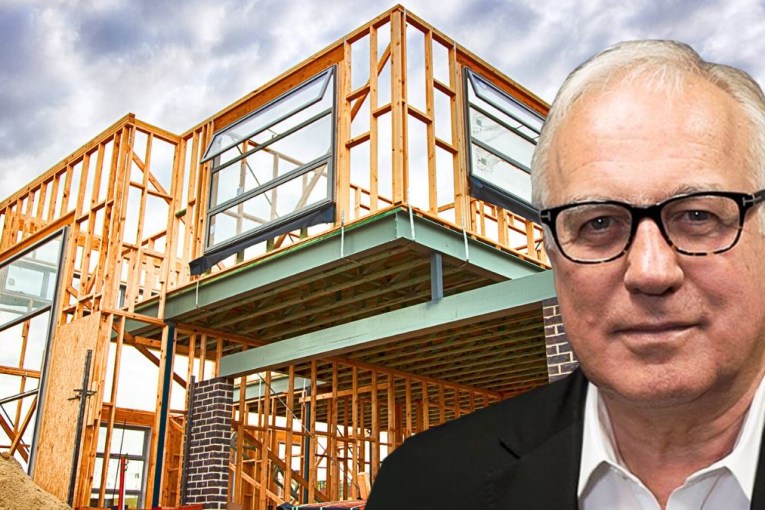Michael Pascoe: Transport infrastructure spend $36 billion short


The Reserve Bank's expectations of transport infrastructure spending are not being met. Photo: TND
There’s been plenty of rhetoric about extra transport infrastructure investment to fight the COVID recession, but it is adding up to just one-10th of the Reserve Bank’s recommended extra spending by the states and territories.
There will be a surge in transport infrastructure investment over the next three years, but nearly all of it was in the pipeline before the pandemic hit.
Industry research and forecasting company Macromonitor is only counting an extra $2 billion in each of the next two financial years as government transport infrastructure COVID response – a total of $4 billion compared with the extra $40 billion the RBA has recommended states and territories spend over the same period.
The ongoing failure of an adequate public sector investment response is despite a collapse in private sector capital investment.
On Thursday the Australian Bureau of Statistics’ June quarter survey showed private capex spending fell another 5.6 per cent, continuing an 18-month slide from December 2018.
Of more concern, the outlook for this financial year is worse.
The nation’s chief financial officers have told the ABS they expect to invest $98.6 billion in 2020-21. That is 12.6 per cent lower than they were forecasting at the same time last year for 2019-20 investment.
Spending for the last financial is estimated to have come in at $116.8 billion, itself down 4.3 per cent on 2018-19.
With private sector capex diving and consumer spending heading south thanks to higher unemployment, employment uncertainty and falling wages growth, extra public investment is necessary to reduce the recession’s impact.
Nearly all of the extra government spending that has blown out the federal deficit – mainly JobKeeper and JobSeeker – is in the nature of providing a safety net, not an investment in creating new jobs.
The good news – about the only good news – is that the states had already committed to a surge in transport infrastructure that will peak in 2022-23.
Macromonitor’s latest transport infrastructure report finds that spending will rise by more than 50 per cent in real terms over the next three years, from $30 billion in 2018-19 to $46 billion in 2022-23.
“The prospects for transport construction growth were already strong before COVID-19 hit, with many large projects in the pipeline and with a lot of work having been previously delayed,” according to Macromonitor economist Natalie Keogh.
“But there has not been a great deal of additional work announced that we didn’t already anticipate.
“At this stage, we are forecasting around $2 billion of additional work, per year, over the next two financial years, as a result of additional stimulus spending. This is obviously far below the extra $40 billion of spending urged by the Reserve Bank governor.”
New South Wales and Victoria dominate the big-ticket projects that involve spending of more than $300 million a year, but the mega-projects only make up about half the total investment and are of little use for quick economic stimulus, given their long lead times.

Source: Macromonitor
The lift in transport infrastructure will help offset the fall in housing construction. As previously reported, Macromonitor expects residential construction to be down $14 billion this year.
Along with the dismal ABS private capex expectations, the figures keep pointing to the need for much greater public investment if the recession is to be limited in both length and depth.
So far, there is no sign of it and no indication that the federal government is even considering it.










